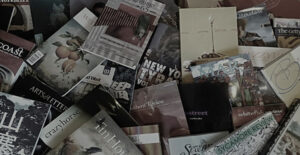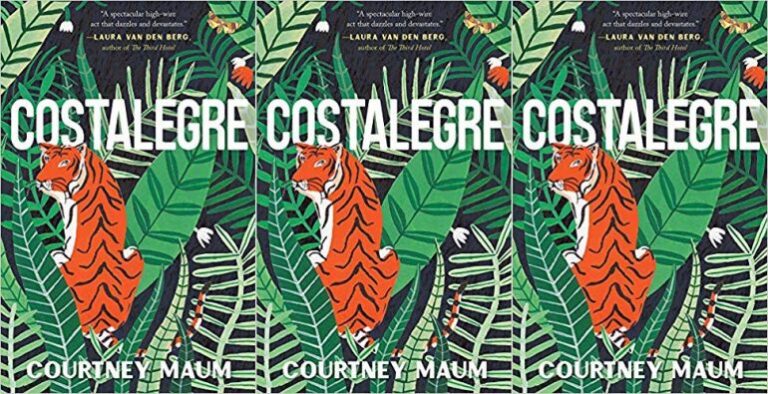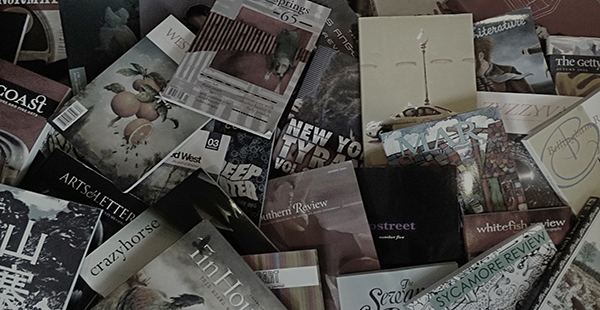The Best Short Story I Read in a Lit Mag This Week: “We Knew Horses” by James Miranda

We often call a story vivid because of its language and sensory details, whether they be in the tradition of writers like Faulkner (ornate) or Hemingway (spare). James Miranda’s story, “We Knew Horses,” in this fall’s Cimarron Review (Issue 158) does a masterful job using language and details of both traditions, setting the two at odds with each other, and in doing so creates a lush, vivid world.
Notice the opening paragraph:
“On the way out to the river I played with the loose fabric that hung down from the ceiling of the Grand Marquis…I could smell the squash sandwiches that my grandmother had foil-wrapped in a plastic bag at her feet, the rotting chicken wings and necks in the five-gallon plastic pail next to me. From up front came the tick…tick…tick of the rosary beads.”
Where the sonic quality of the words “Grand Marquis” and the ticking of “rosary beads” might both be honey to the tongue, “squash sandwiches” and “rotting chicken wings and necks” are as gruff and Germanic as the visuals they provide. This is a rich, contrasting world being created and a sensual one at that: in this paragraph alone we’re asked to imagine elements of touch, sight, taste and smell.
Further along, there’s more—details again rendered verdant by language that contrasts the mundane with the more lyrical:
“My grandmother shifted in her seat, the plastic bag at her feet rustling and letting out a waft of olive oil, crushed tomatoes, sautéed onions, and garlic.”
Once the sentence hits “waft,” the language becomes lofty (and I begin getting hungry). But this isn’t a menu description—look at the plain, unappetizing words describing where this luscious smell is coming from. Both halves of the sentence are sensory, but like the phrases in the previous quotation, achieve an affect that I think highlights conflict. A Hemingway-esque detail like “the plastic bag at her feet rustling” might make us imagine that all too familiar sound of trash bags, perhaps the checkout stand at the grocery store, maybe even a loose scrap of garbage flung by the wind down a busy arterial. The latter half of the sentence? I’m sitting with Faulkner at a small bistro in Italy, glass of white on the table, crusted bread for dipping in garlic-infused olive oil next to it.
It’s a duel, this contrast, through the rest of the story. The author never lets the language or sensory descriptions become too lyrical or too rough, and in doing so creates a lush, vivid atmosphere in conflict with itself, and worthy of the complex world its characters inhabit.


